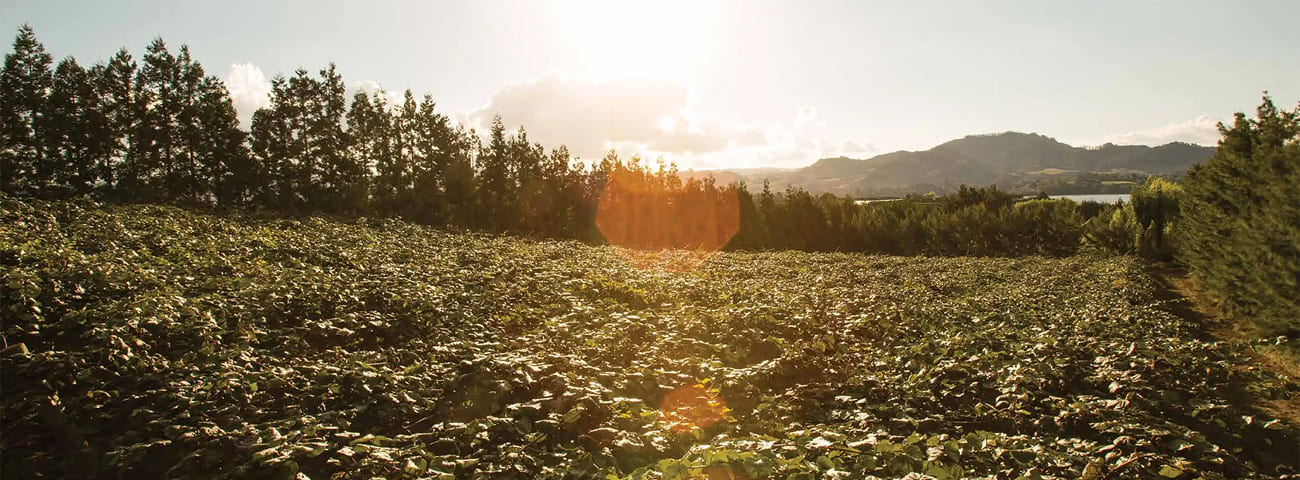In May 2024 the Environmental Protection Authority (EPA) announced its decision that hydrogen cyanamide could continue to be used in Aotearoa New Zealand
Hydrogen cyanamide, more commonly known as Hi-Cane, is an agrichemical. It is a critical tool in the kiwifruit industry. It promotes uniform bud break of flowers (so the fruit ripens evenly), which helps maximise the production of high-quality fruit.
The EPA began reviewing the use of hydrogen cyanamide because it was thought to be a carcinogen. They sought to ban the agrichemical after 5-years. However, the EPA accepted that the studies on hydrogen cyanamide were dated and flawed. They continued to review its use in Aotearoa anyway, but ultimately concluded it could be used safely. It has not been banned.
NZKGI led the industry’s response to the review. We strongly advocated to retain the use of Hi-Cane. A ban would have closed orchards, which would have hurt communities and had a massive economic impact on our most valuable horticulture export.
On the EPA’s decision, NZKGI CEO Colin Bond said:
I would like to take this opportunity to thank all the growers and wider stakeholders who fought for the continued use of Hi-Cane. That the EPA’s Decision-Making Committee has decided for the retention of hydrogen cyanamide speaks for the industry’s collaborative response through many years of hard work. Growers and the communities who rely on our industry’s success will be relieved that the EPA have made the right decision to retain its use.
Hi-Cane is a vital tool for kiwifruit growers and its retention will help support a booming industry. Despite the decision today, we will continue to protect our workers and environment and we are committed to an ongoing programme of continuous improvement and best practice that focuses on safe spraying practices both from a human and environmental health perspective.
The industry has adopted a coordinated approach to maintain safe spraying practice over many years mandating low-drift technologies in relation to buffer zones and going above and beyond the required standards. In addition, we have engaged with the communities in which we live and work, including an education programme, so that people who have remaining concerns can get a better understanding of the chemical.
The announcement of the retention of hydrogen cyanamide comes with some new controls, and we will now analyse the impact of these restrictions and consult with our growers on this in the near future.
Unfortunately this reassessment has been a marathon, costing our small advocacy organization most of our retained earnings to fight. The doubt that has been cast on our industry over the last several years has had serious consequences on the well-being of our growers as well as creating financial uncertainty across the industry. Orchard prices have dropped significantly throughout the assessment, which will be partially attributable to the risk felt by investors. The reassessment would have no doubt inhibited growth at a time when export earnings are critical for our national economy.
An independent economic report commissioned by NZKGI found that if Hi-Cane was in fact banned, it would have a significant impact on New Zealand’s economy including Māori growers and their whānau and communities. These concerns were voiced clearly by growers at the hearing on the reassessment.
Read the EPA’s full decision here.
